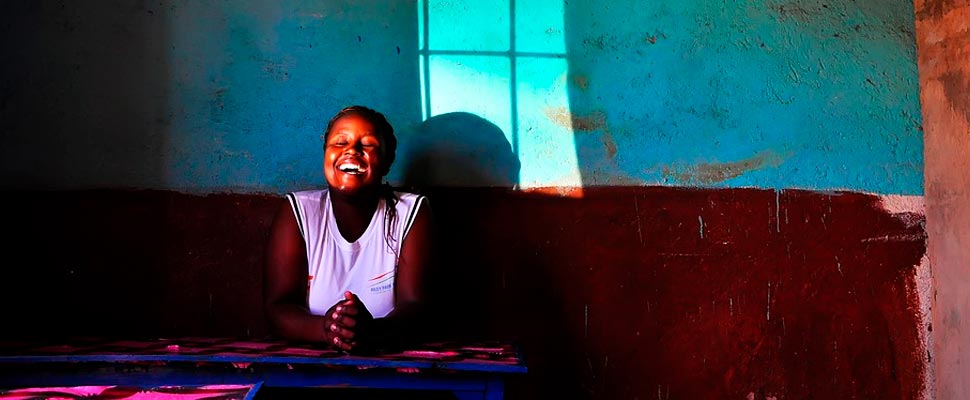Sudan forbade female genital mutilation
The elimination of Female Genital Mutilation and other practices, try to claim the rights of women in Sudan Africa.

The Woman Post | Samy Pineda
Escucha este artículo
Sudan's Prime Minister Abdalla Hamdok's transitional government in Africa officially published the law prohibiting female genital mutilation, after criminalizing it in April 2020, and abolished other practices that violated women's rights.
According to a 2014 UN report, 86.6% of Sudanese women and girls between the ages of 15 and 49 underwent female genital mutilation (FGM) in that country. These figures place it among the nations that most carry out this practice, which consists of a total or partial excision of the female genital organs or any other injury to them for non-medical reasons.
The law having enacted in addition to penalizing three years in prison. Those who practice female genital mutilation, a form of violence that endangers girls' physical and mental health, also allow women's free movement by no longer requiring a man's permission to travel with or without their sons. Nor will anyone who renounces Islam (takfir or apostasy) be punished by death, and flogging will having removed as a form of punishment.
Also read: Tradition of female genital mutilation must end according to UN
Also, and thanks to the new government, the law on public order, which strictly restricted the freedom to dress, associate, work, and study women, was repealed. It included preventing women from wearing pants or exposing their hair in public. It also included mixing with men who were not their husbands or with an immediate relative.
Tradition in Sudan says that cutting girls' external genitalia guarantees family honor and marriage prospects. Following this belief, mutilation can lead to infertility, labor difficulties, or fetal infections and a significant decrease in sexual pleasure. Practices like these have made Sudan one of the worst countries in terms of defending women's rights, as Radio Dabanga pointed out.
After months of protests, women were working to abolish any form of discrimination against them. And it was precisely the country's public pressure that succeeded in overthrowing the Omer al-Bashir regime. For 30 years, this government deprived thousands of women of their freedom and rights by placing them under the tutelage of men. As a result of this struggle, the current transitional government is committed to strengthening women's rights.
However, although the Ministry of Justice stated that this Amendment Law focuses on human rights and freedoms, mainly on the liberation of women and children, Hala al-Karib, Regional Director of the Strategic Initiative for Women in the Horn of Africa (SIHA) indicated that Sudan has not yet signed the Convention on the Elimination of All Forms of Discrimination against Women (CEDAW), the Maputo Protocol or the African Charter on Human and Peoples' Rights on the Rights of Women in Africa. Currently, this country is one of the few countries that reject this Convention.
The activists also protested confirming that there is still a contradiction between the laws in terms of equality, noting that "as long as such legal isolation exists, women are at risk of violence, including marital rape, which prevents them from leaving home, working and choose where to live and be treated less equitably by other family members.
As an essential step forward, Hala al-Karib called for new reforms to the laws that have created a regime that approved the inferiority of women and, in that sense, the elimination of any discrimination against them, since it considered that these amendments were not remote.




